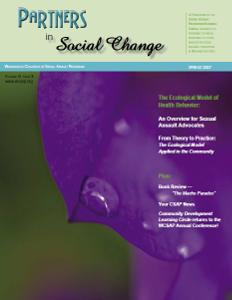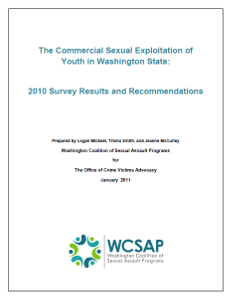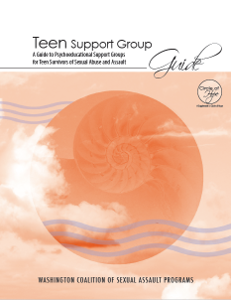This issue of "Partners in Social Change" explores the ecological model of health behavior. As the word "ecological" implies, this structural model explores the relationship between human behavior and the environment. The beauty of the model lies in its assertion that our natural environment includes not only our corporeal surroundings, but also social and cultural forces, making the model particularly useful in program planning. It gives us a systematic approach to determine the appropriate…
- Prevention
- Working With Survivors
- Accreditation
- Advocacy Areas
- Culturally Specific
- Legal Resources
- Management
- Medical Resources
- SA Protection Order
- Subpoenas
- Support Groups
- Tech Safety
- Resources
- Policy
- Training


